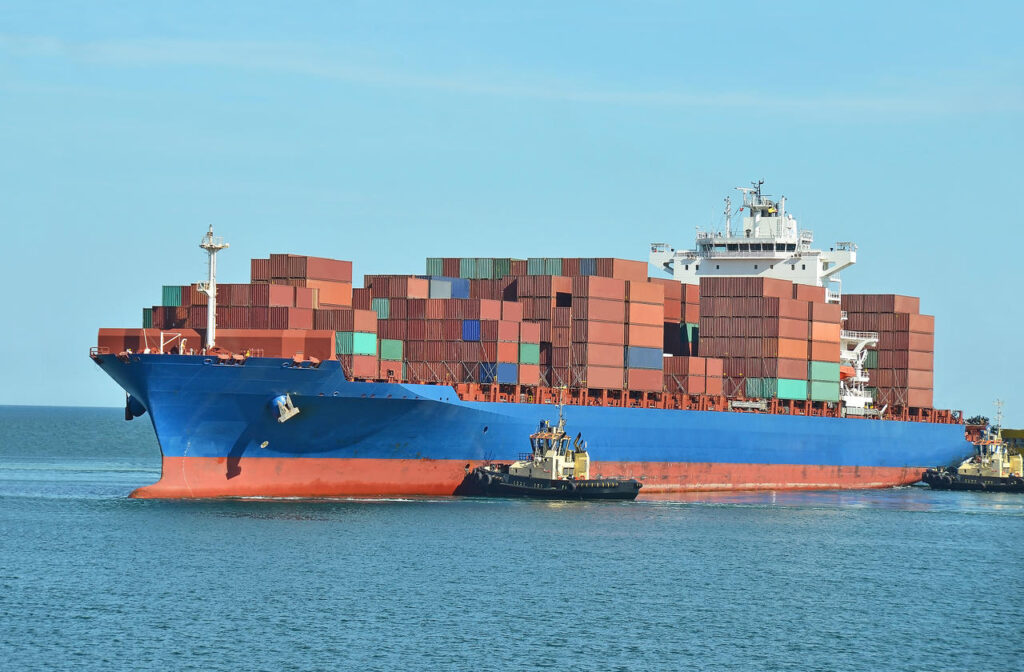- By TOP CHINA FREIGHT
- April 16, 2025
- Shipping
How to Comply with Argentina Import Regulations and Shipping Tariffs for Cargo from China
When shipping cargo from China to Argentina, it is essential to be aware of both Argentina’s import regulations and the applicable shipping tariffs to avoid delays, fines, or potential rejection of your goods. This article will guide you through Argentina’s import regulations, the shipping tariffs you need to consider, and the best transportation solutions for shipping from China to Argentina.
1. Understanding Argentina’s Import Regulations
Argentina has strict import regulations that must be followed when shipping goods from other countries, including China. Import permits, product safety standards, and specific certification requirements are crucial to ensuring that your goods are cleared by customs without issue. Familiarizing yourself with these regulations and consulting with an experienced customs broker can help mitigate any risks.
2. Shipping Tariffs from China to Argentina
Shipping tariffs play a vital role in international trade. Argentina imposes import duties on goods entering the country, which can vary depending on the product category and other factors. Before shipping from China to Argentina, it is essential to calculate these tariffs accurately to ensure that you account for all costs involved. You can also consider working with a customs broker to help navigate the often-complex tariff system.
3. China to Argentina Transportation Solutions
Selecting the right transportation solution is key when shipping goods from China to Argentina. The best choice depends on your cargo’s size, weight, and how quickly you need it delivered. Below are the main options for transporting goods between these two countries:
- Ocean Freight: Best for large or bulk shipments, ocean freight is usually the most cost-effective shipping method for goods from China to Argentina.
- Air Freight: Ideal for smaller, time-sensitive, or high-value shipments, though more expensive than ocean freight.
- Rail or Road Transport: After goods reach Argentina, rail or road transport might be needed to complete the final leg of the journey.
4. The Importance of Proper Documentation
Documentation is critical to ensuring a smooth shipment process. Key documents for shipping from China to Argentina include:
- Commercial Invoice
- Bill of Lading
- Certificate of Origin
- Packing List
- Import License (if required)
- Customs Declaration
Ensuring these documents are in order can help speed up the customs process and prevent unnecessary delays.
5. Customs Clearance in Argentina
The customs process in Argentina can sometimes be slow, especially for large shipments or those subject to specific regulations. By working with a local customs broker or shipping expert, you can expedite the clearance process, ensuring that your goods are approved and delivered without issue.

PAA (Problem also ask)
How can I consolidate freight when shipping from China to Argentina?
Freight consolidation is achieved by combining smaller shipments into a larger one, reducing shipping costs. Choose a reliable freight consolidator to manage this process efficiently and ensure cost-effective shipping.
What is the best way to schedule shipments from China to Argentina?
To schedule shipments effectively, choose the appropriate shipping mode, plan for peak seasons, and work with a freight forwarder to manage booking and documentation. This helps ensure timely and efficient delivery.
How do shipping consultants help with China to Argentina shipments?
Shipping consultants assist with navigating customs, optimizing shipping routes, and ensuring all necessary documentation is in order. Their expertise can help streamline the entire shipping process, saving time and money.
What are the customs regulations for shipping goods from China to Argentina?
Argentina has specific customs regulations that require detailed documentation, including commercial invoices, packing lists, and certificates of origin. It’s important to understand these requirements to avoid delays and extra fees.
